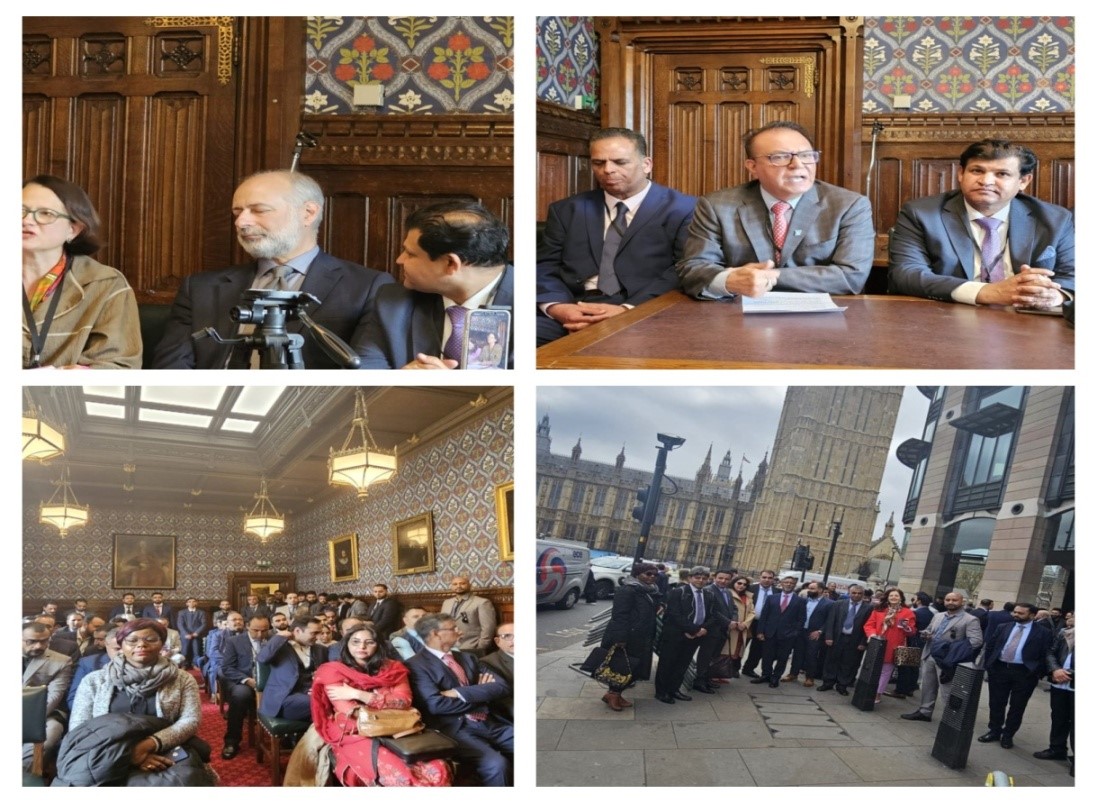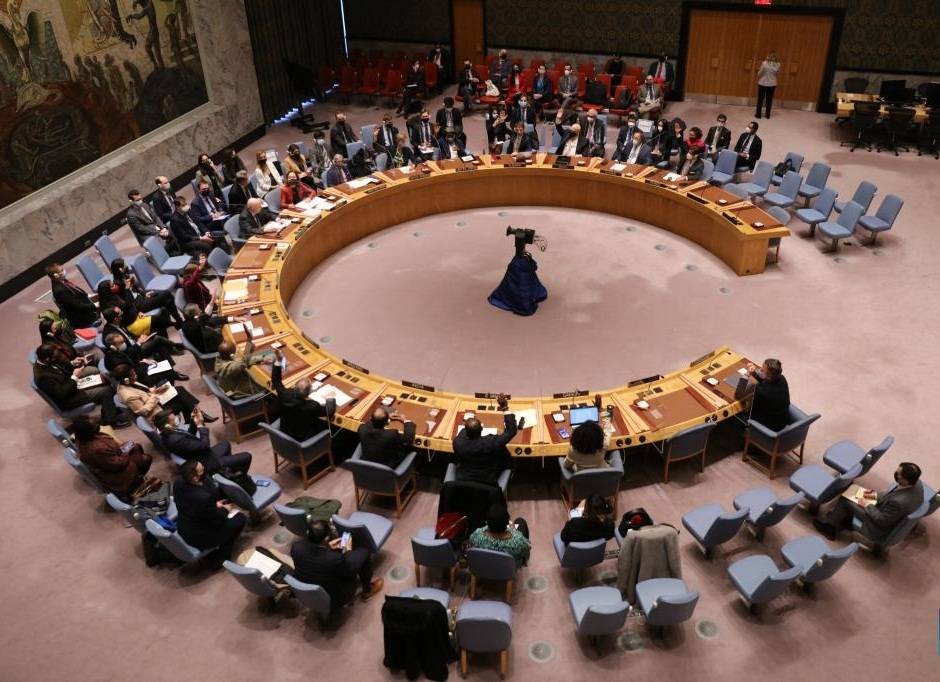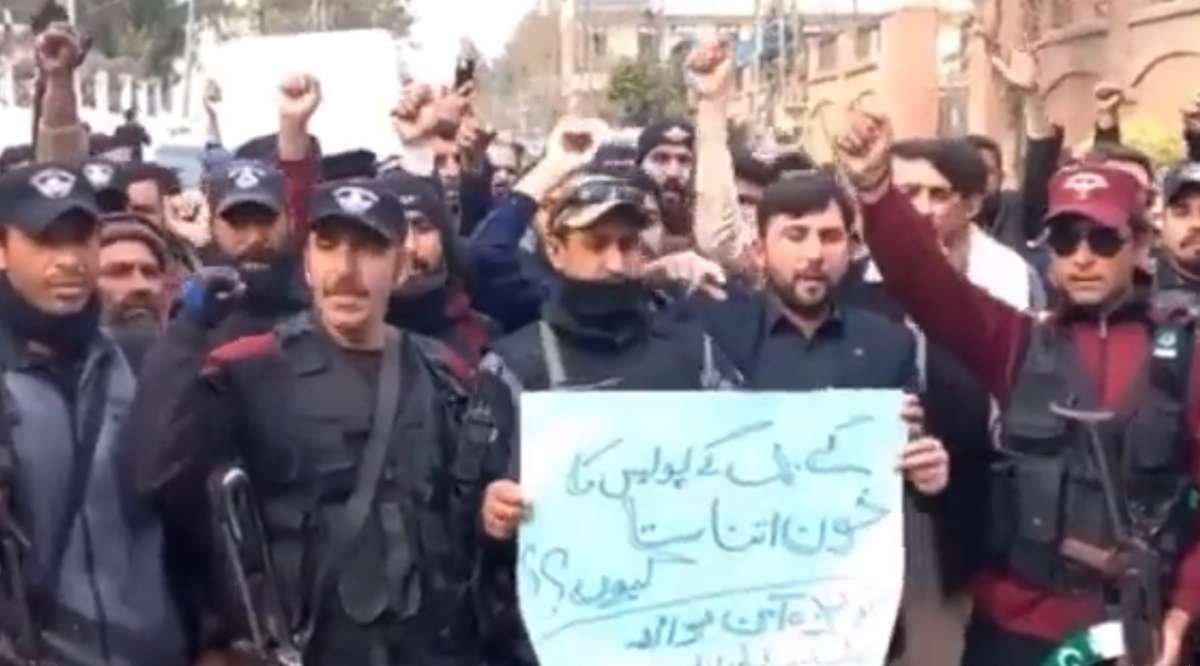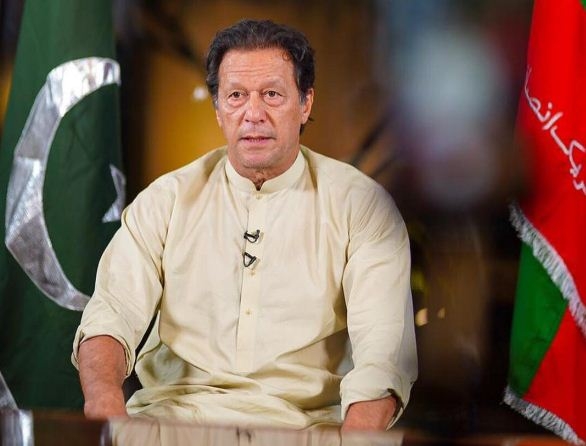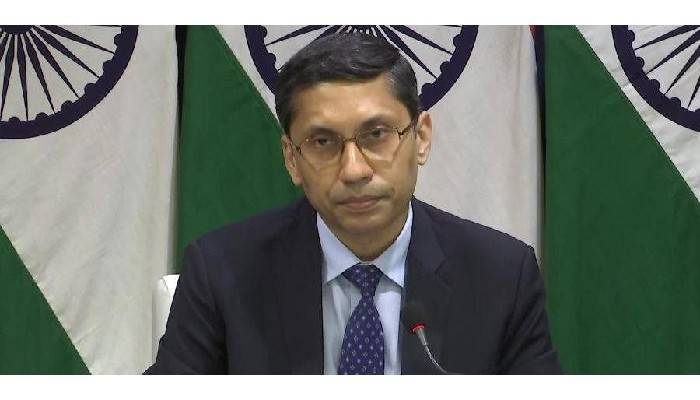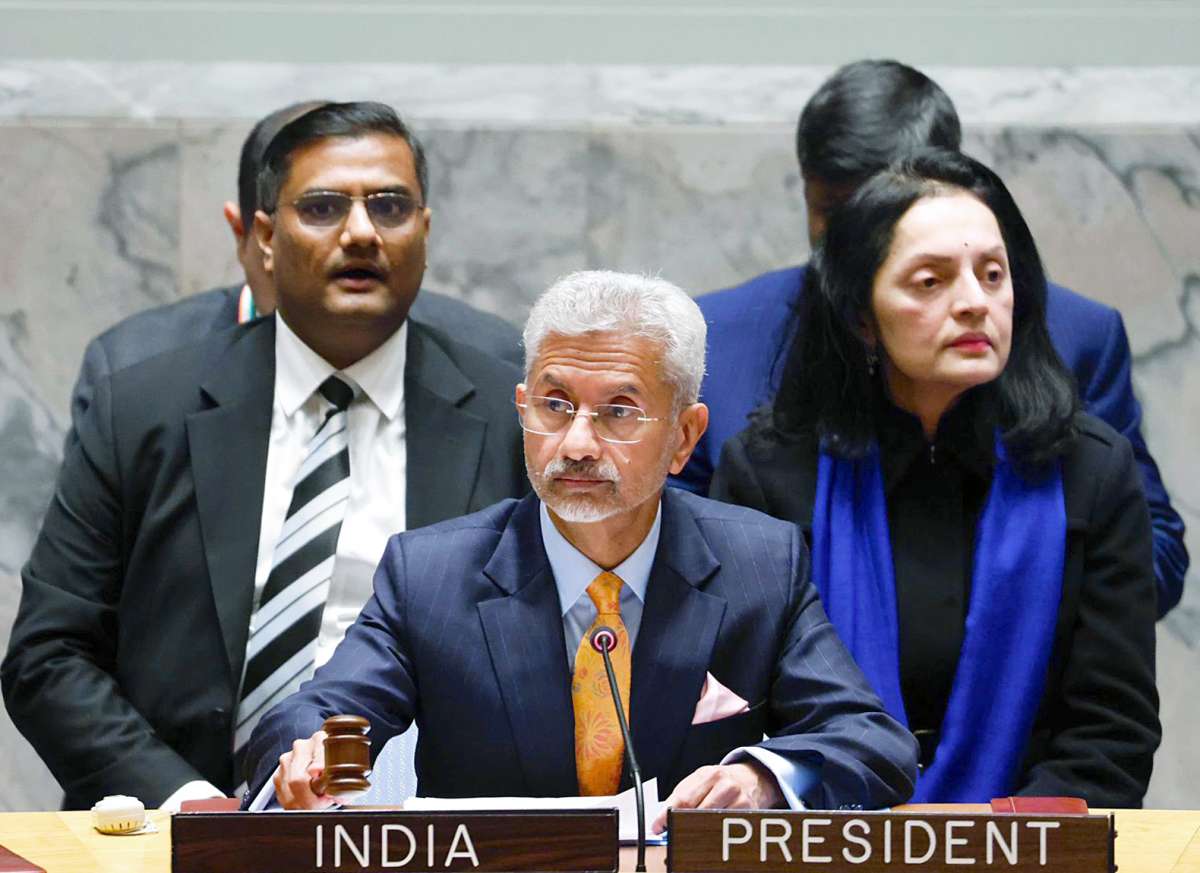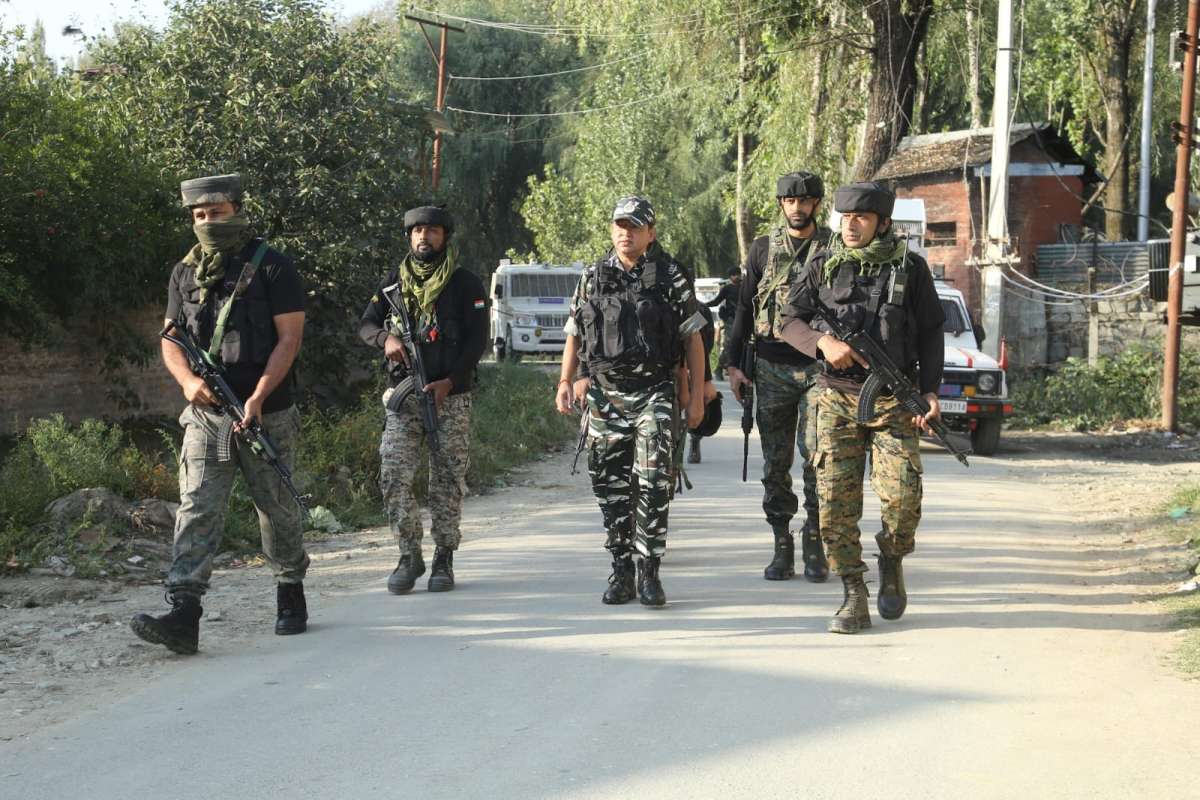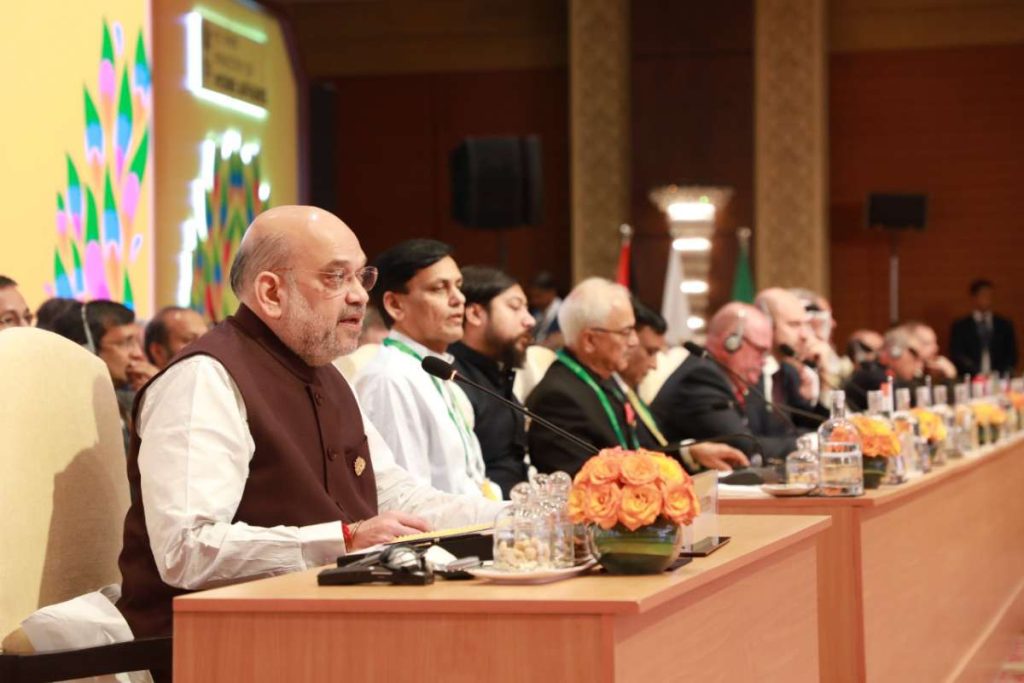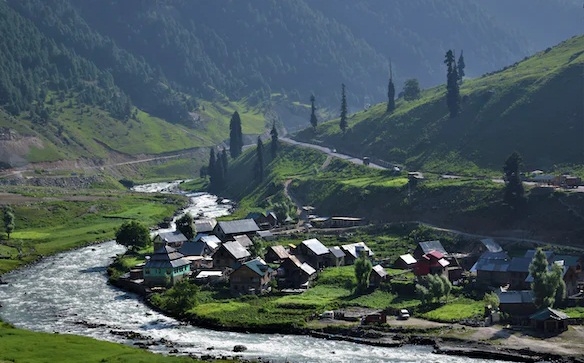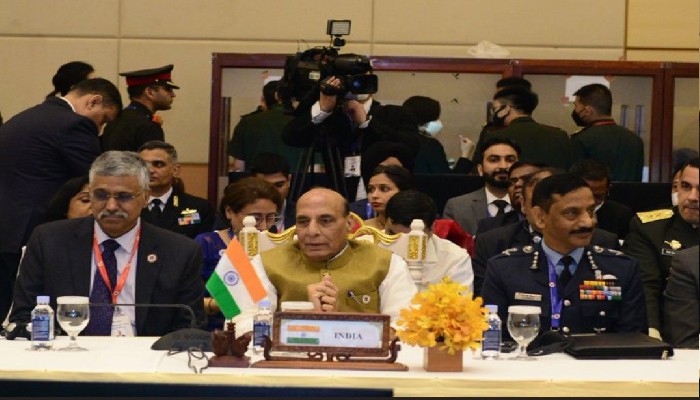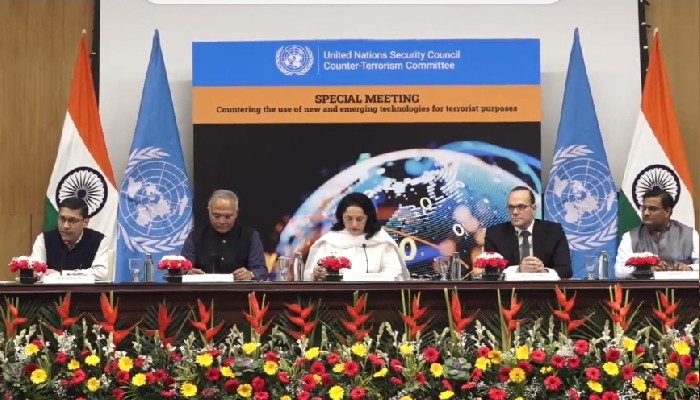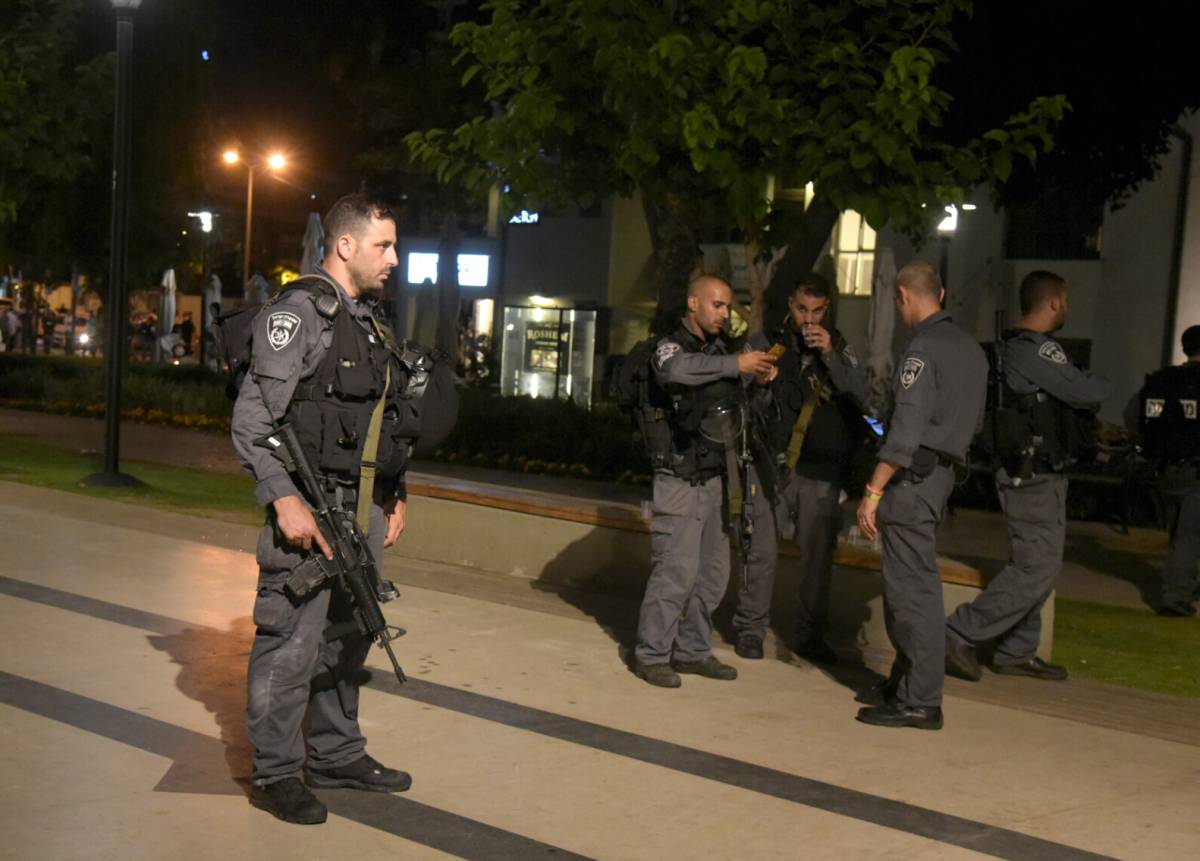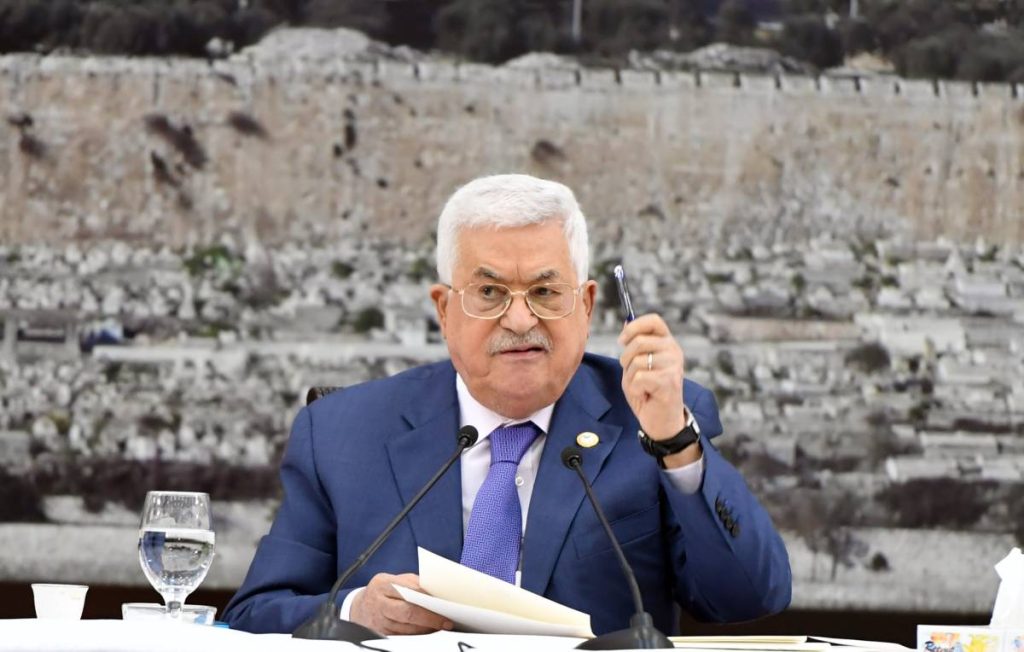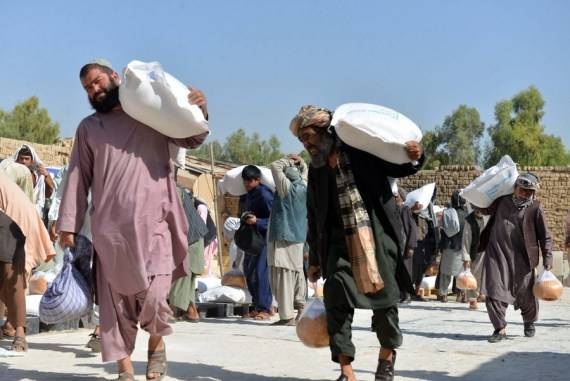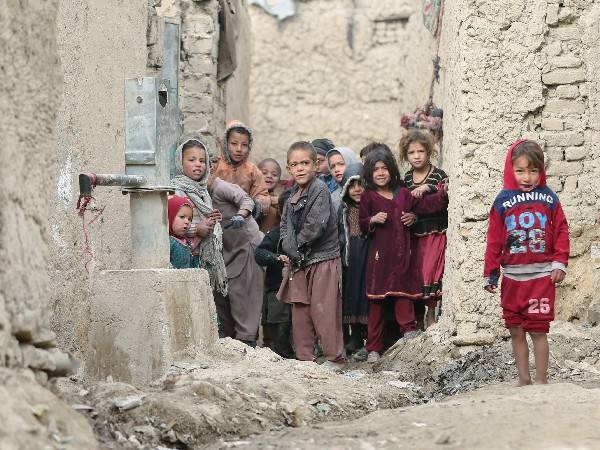The conference raised a question that ‘Why UK placed Pakistan on its list of high-risk countries for terror finances and money laundering in 2021, but reversed the decision, just a year later?’
An International Conference was organised by United Kashmir People’s National Party (UKPNP) in London earlier this week at the House of Commons, in which the British Parliamentarians, renowned human rights activists, thinkers, lawyers, journalists, authors and Kashmiri Diaspora in UK participated and expressed their views on the scourge of extremism and violence conceived and spread by Pakistan.
“The conference was rightly titled as “Growing Extremism and Violence in South Asia and how it will affect Britain and South Asia” because the impact of the violence and hatred nourished by Pakistani Establishment is affecting not only the region of South Asia but UK, EU and other regions too,” according to a press statement.
One of the speakers stressed upon that terrorist attacks in the US, London, Madrid and Paris have exhibited that the threat of terrorism is not restricted to its region of origin anymore.
According to UKPNP, research has shown that the UK is particularly vulnerable to this threat, due to its large Pakistani community. As per the British security services, “at least three in every four terror plots in the UK had their roots in Pakistan,” it added.
In 2018, Oxford University observed that the majority of the most dangerous terrorist groups in the world are hosted or aided by Pakistan. It is seen that Pakistan is responsible for 3 times the terror risk to humanity that Syria poses, more than 5 times the risk that Libya poses, and 7 times the risk that Iraq poses.
Speaker further mentioned that in Pakistan, an interdependent relationship between State institutions and terrorist groups has grown over the years and the risk of the capture of nuclear weapons by terrorist groups cannot be ruled out.
The gravity and repeated threat to the UK and the rest of the world that Pakistan’s dynamic terrorist infrastructure poses have not been taken notice of adequately. This has compelled the Conference to raise a question that ‘Why UK placed Pakistan on its list of high-risk countries for terror finances and money laundering in 2021, but reversed the decision, just a year later?’
The Conference was also attended and addressed by Fabian Hamilton, Shadow Minister for Peace & Disarmament, UK; Wood Green, Shadow Minister for Foreign & Commonwealth Affairs, UK; MP Hillary James Wedgwood and MP Catherine West both from Labour Party.
Towards end of the Conference organized by UKPNP, a resolution was adopted that UKPNP stands for peace, harmony and prosperity in the South Asian Region.
“We condemn the propagation of inequality, violence and hatred that is premeditated, instigated and supported by the Pakistani Establishment. We state publicly that the J&K dispute is a creation of Pakistan’s unprovoked and imperial attack on the State of J&K and since then the human rights and honor of Kashmiries has been violated by Pakistan. UKPNP urges Government of Pakistan to ensure Freedom of Speech for one and all living under its iron heels, irrespective of their faith, ethnicity, language and social status. We strongly stand for religious freedom for the followers of all faiths,” the resolution stated.
In the resolution adopted unanimously, UKPNP urged to the esteemed guests to widen the space for peace, tolerance, harmony and respect for all; to strengthen and promote our aspirations for global peace & social order and leave no space for violence and hatred. UKPNP vows to continue its struggle to oppose those who promote, condone or justify these evils.
At the end, UKPNP request the authorities to take appropriate actions to curb the activities of those who promote radicalization, violence and intolerance.

